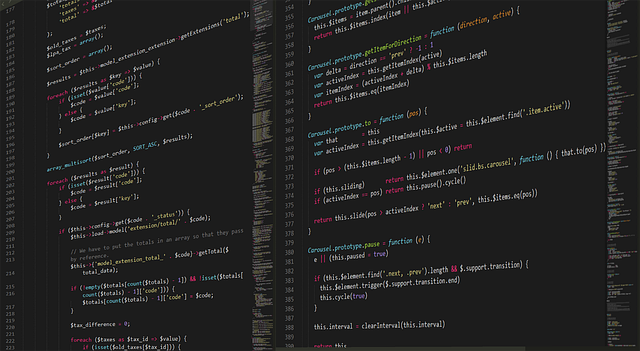Begginers guide to web hacking
Beginner’s Guide to Web Hacking: Understanding the Basics of Ethical Hacking
Web hacking might sound intimidating, but it’s an exciting and growing field within cybersecurity. When used ethically, hacking skills can help protect websites and apps from real threats. If you’re curious about how websites work under the hood and want to learn how to find and fix security flaws, this beginner’s guide is for you.
⚠️ Note: This guide is for educational purposes only. Always get permission before testing or hacking any system.
What Is Web Hacking?
Web hacking involves identifying and exploiting vulnerabilities in web applications — like websites, APIs, and databases — to find weaknesses before malicious hackers do. Ethical hackers, also called “white-hat hackers,” help improve security by reporting issues responsibly.
1. Learn the Basics of How the Web Works
Before you can hack a web app, you need to understand how it functions.
Key concepts to study:
- HTTP/HTTPS
- HTML, CSS, JavaScript
- Web servers and databases
- Cookies and sessions
- Client vs server-side processing
2. Understand Common Web Vulnerabilities
Start by learning the most common types of web security issues. A great resource is the OWASP Top 10, which lists the most critical web application security risks.
Top vulnerabilities to learn:
- SQL Injection
- Cross-Site Scripting (XSS)
- Cross-Site Request Forgery (CSRF)
- Insecure Authentication
- Broken Access Control
- Security Misconfiguration
3. Set Up a Safe Testing Environment
Never test your hacking skills on live websites unless you have permission. Instead, create your own testing lab.
Tools to use:
- DVWA (Damn Vulnerable Web App)
- bWAPP (Buggy Web App)
- Metasploitable
- Kali Linux
- Burp Suite (for intercepting traffic)
4. Practice Bug Bounty Platforms
Once you’re confident, you can legally test real applications on bug bounty platforms. These sites reward ethical hackers for finding and reporting security flaws.
Popular platforms:
- HackerOne
- Bugcrowd
- Synack
- Intigriti
5. Stay Legal and Ethical
Ethical hacking means working within the law and always having permission. Never try to access or manipulate systems you don’t own or aren’t authorized to test. Many companies now offer Responsible Disclosure Policies or public bug bounty programs — use those to practice legally.
Final Thoughts
Web hacking is a powerful skill — when used ethically, it helps keep the internet safe. Start with the basics, practice in safe environments, and build your knowledge one step at a time. Whether you’re aiming to be a cybersecurity expert or just want to understand how to secure your own website, learning web hacking is a smart investment.






